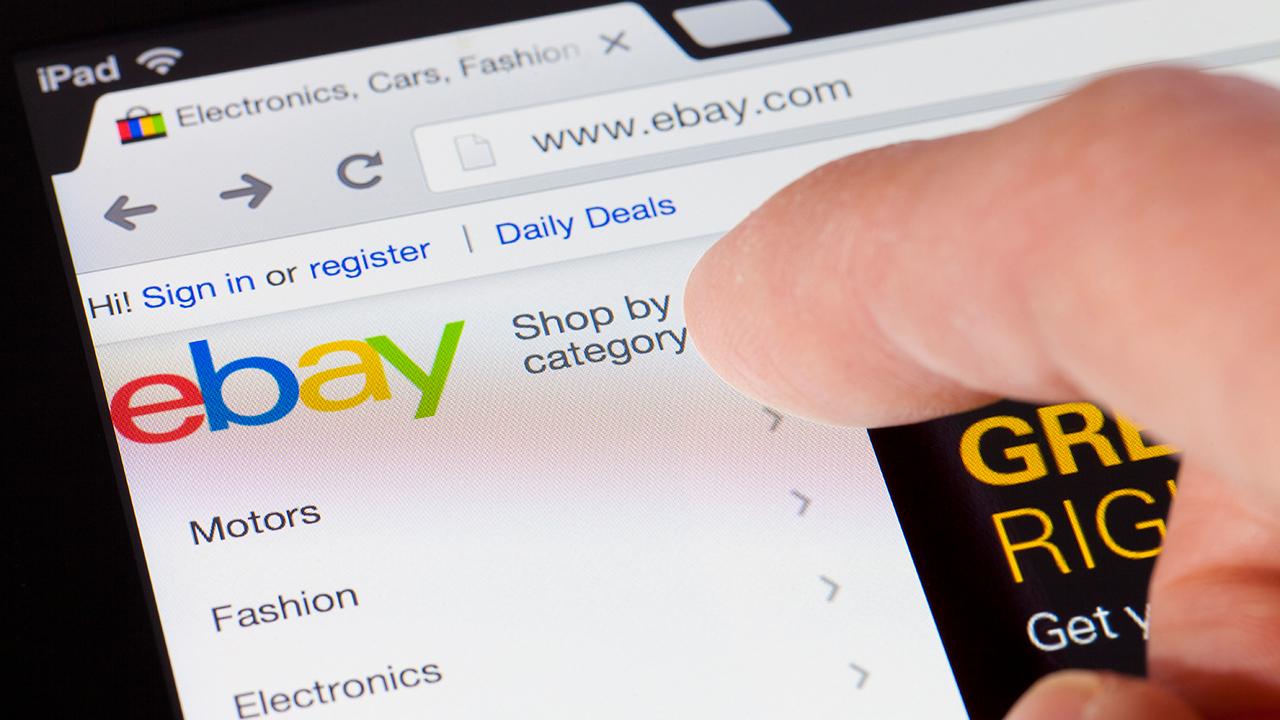Luxe goods targeted by looters: Tips on how to avoid purchasing stolen items
Big names like Amazon and eBay have employed algorithms to detect stolen goods on their sites
High-end luxury goods are the high-profile target of looters in cities across the country this week.
From Rodeo Drive in Beverly Hills to Manhattan’s SoHo neighborhood, looters targeted retailers like Alexander McQueen, Gucci, Apple and other pricey designers.
LOOTING COSTS BUSINESSES IN MAJOR METRO AREAS AT LEAST $400M, EXPERTS ESTIMATE
But retailers at the top end are finding ways to frustrate thieves. Looters at the Apple store in Los Angeles who stole iPhones were greeted with this message: “This device has been disabled and is being tracked. Local authorities will be alerted.” Most devices were disabled, rendering them useless.
Meanwhile, manufacturers of other high-end products, like Rolex watches and multi-thousand-dollar handbags, engrave each piece with individual serial numbers so that police can track them if stolen.
| Ticker | Security | Last | Change | Change % |
|---|---|---|---|---|
| AAPL | APPLE INC. | 278.12 | +2.21 | +0.80% |
| AMZN | AMAZON.COM INC. | 210.32 | -12.37 | -5.55% |
| EBAY | EBAY INC. | 86.55 | +0.03 | +0.03% |
Even so, retail security experts say that some of the stolen merchandise will make its way online for fast sale. Already, big names like Amazon and eBay have employed algorithms to detect stolen goods on their sites.
LOOTING DURING GEORGE FLOYD PROTESTS COULD COST NYC BUSINESSES ‘TENS OF MILLIONS’
Smaller, more curated sites like Poshmark, use people, not coding, to monitor goods being sold. These sites work actively with law enforcement. Consignment site The RealReal takes it one step further, saying, “We give police departments nationwide full visibility into our inventory, including details like serial numbers, photos, and data and location of consignment that can help prevent the sale of stolen goods."
Even so, looters looking to make a profit have other options. Jeff Zisner, CEO at AEGIS Security & Investigations, says goods would more likely be sold on sites like Facebook Marketplace and Craigslist, where posts can be anonymous and the audience is local. Alternatively, he says, sales may happen the old-fashioned way: face-to-face and in cash.
GET FOX BUSINESS ON THE GO BY CLICKING HERE
The good news for consumers, according to Lance Ulanoff, editor-in-chief of Lifewire.com, a tech news and reviews website, is that it’s not hard to spot hot goods online. He says to look for goods that are priced too cheaply to make sense, those that miss product details (or post inaccurate details), as well as misspellings in product descriptions. Logo graphics that aren’t well rendered or that look “off” are additional tipoffs. Anonymous sellers can be cause for concern as well.
Bottom line, it will be on consumers to make sure they don’t end up pocketing hot merchandise, but high-end retailers and websites do provide some protection.
CLICK HERE TO READ MORE ON FOX BUSINESS




















